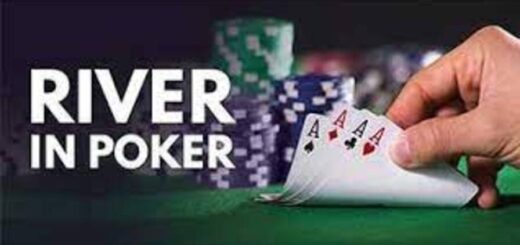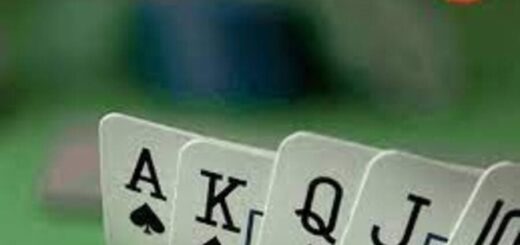What is Slow Rolling in Poker?
When a player intentionally defers showing their hand to prolong the suspense and possibly gain an unfair psychological advantage over other players, this is called slow rolling. Slow rolling is considered bad poker etiquette and many players view it as a form of cheating. However, it is important to remember that it is not always intentional and may be a result of distraction or poor focus. Online poker is notoriously fast paced, and players often find themselves distracted by the action on other tables and decisions they must make on those tables. This can sometimes lead to players slow-rolling their opponents unintentionally.
What is Slow Rolling in Poker?
Slow rolling in poker occurs when a player with the winning hand tries to mislead their opponent into thinking they have a better one before finally showing their cards. This is considered a breach of poker etiquette and can be a very unsportsmanlike act. Players who do this will not be popular at the table and it is likely they will lose money.
A good example of a slow roll happened in the 2011 Main Event when player Brian Rast took too long to reveal his hand, angering Matt Affleck and tournament officials. This was considered a slow roll, and Rast was given a penalty that caused him to lose the next hand.
There are a few reasons why someone might slow roll an opponent, such as to cause them to lose interest in the game or to make them angry. The most common reason, however, is to bluff. If you show a strong bluff to an opponent, it can often lead them to get angry at you and this can cause them to quit playing the game entirely.
This is a very dangerous strategy because you can be making enemies at the poker table at an exponential rate. This can be a big problem, especially in tight games where every player wants to bust the slow roller. It can be hard to win multi-way pots in a game like no limit hold’em when everyone at the table is on edge, and this kind of drama can quickly turn the game into a war zone.
Another thing to remember is that slow rolling can often backfire, as it can lead to the victim getting angry at you and potentially quitting the game completely. It is also not very professional to make the other players at your table dislike you and this can be very costly in the long run.
If you’re going to show your hands, it is best to do so immediately when you have an all-in bet. This will prevent any other players from accidentally mistaking your hand for a worse one, and it will also help you avoid any unintentional slow-rolls. You can still double check your hand, but a pause of more than a few seconds is definitely slow-rolling. Especially in a high stakes cash game or during the final table of a major poker tournament, this is a bad move that will not win you any friends at the table.



